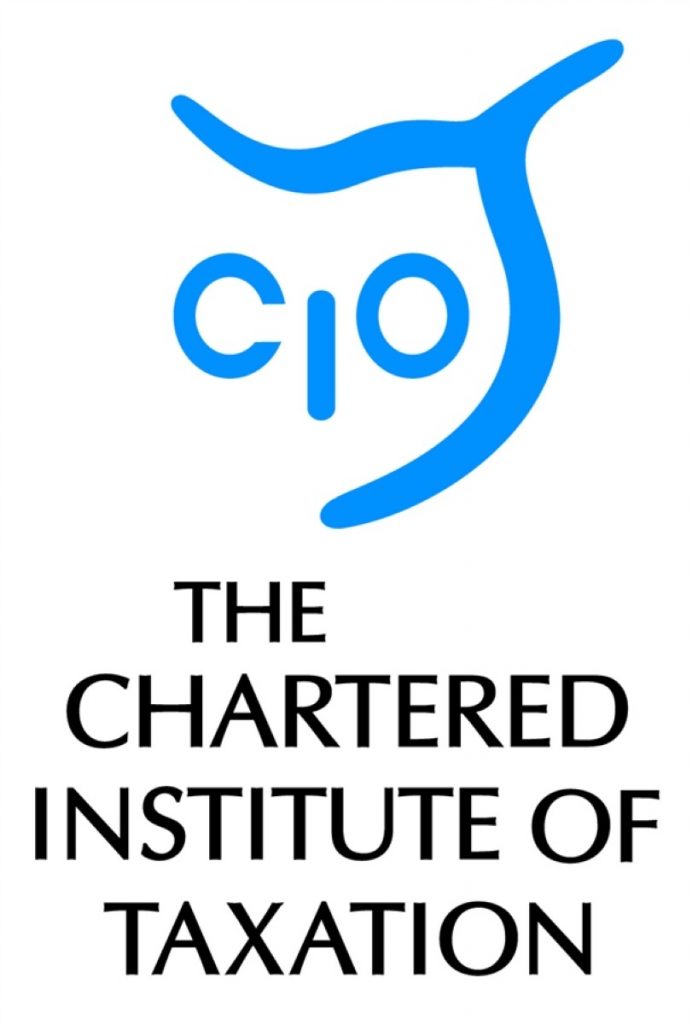Pragmatic devolution proposals welcomed by Tax Institute
The Chartered Institute of Taxation (CIOT) has commented on today’s recommendations of the Smith Commission on further devolution of powers to the Scottish Parliament.
Moira Kelly, Chair of the CIOT’s Scottish Technical Committee, commented on the tax proposals:
“This is a pragmatic set of proposals which shows a lot of thought has been given to balancing the desire of Scots for greater tax powers against the practical obstacles to devolution in many areas.
“Lord Smith’s report has been produced to an impressively fast timetable, in line with the commitments made at the time of the referendum. However it is important that the implementation of the proposals is not rushed. Revenue Scotland, HMRC and employers need to be given time to make the changes to their systems that the income tax proposals, in particular, will require.
“Income tax always looked the most obvious candidate for further devolution. It is our biggest revenue raiser, generating about a quarter of all tax receipts across the UK. The Scottish Parliament already has some income tax1 powers, and further changes will come in in April 2016, when the Scottish Parliament gets the power to raise or lower rates by up to 10p in the pound, but only in lock step, moving all three current rates by the same amount. These proposals go much further. Not only will the Scottish Parliament be able to vary the three rates independently they will be able to introduce new rates, abolish rates, and move the thresholds where you start paying a different rate. This will give the Scottish Government a lot more options.
“Restricting the devolution to rates and thresholds, while keeping powers over tax reliefs and definitions of income at Westminster, will transfer substantial budgetary powers while maintaining a common tax base across the UK. This will keep additional complexity to a minimum.
“VAT is the second biggest revenue raiser from Scottish taxpayers. However EU rules require all member states to apply a common rate of VAT within their jurisdictions, ruling out its devolution. Given this, assigning half of VAT receipts generated in Scotland so that the money goes directly to the Scottish Parliament is an understandable alternative. However it will take effort to make it work and it is not without risk. It is essential that implementation of this measure is founded on an accurate means of measuring the tax base and the tax arising from it.
“The decision not to devolve corporation tax and other business taxes is not unexpected. If corporation tax were devolved, a complex system similar to that operating in respect of taxation across international borders would need to be developed in the UK to ensure that tax ends up in the right place. As the main UK parties acknowledged in their submissions, the cost and bureaucracy of collecting the tax would have been likely to be disproportionate to the amount raised, as well as potentially generating a cross-border tax race within the UK.
“It is important that there is transparency on how the devolution of these additional powers will interact with the Barnett formula which will otherwise be retained.
“Finally we support Lord Smith’s recommendation that the addition of new responsibilities over taxes and other areas should be accompanied by the strengthening of the Scottish Parliament’s oversight of Government. The Scottish Government has so far been a model of effective consultation on tax matters, but more detailed powers will need more detailed scrutiny.”
Notes for editors
1. Existing and proposed powers apply only to income tax on earned income not to income tax on savings or dividend income
2. The Chartered Institute of Taxation
The Chartered Institute of Taxation (CIOT) is the leading professional body in the United Kingdom concerned solely with taxation. The CIOT is an educational charity, promoting education and study of the administration and practice of taxation. One of our key aims is to work for a better, more efficient, tax system for all affected by it – taxpayers, their advisers and the authorities. The CIOT’s work covers all aspects of taxation, including direct and indirect taxes and duties. Through our Low Incomes Tax Reform Group (LITRG), the CIOT has a particular focus on improving the tax system, including tax credits and benefits, for the unrepresented taxpayer.
The CIOT draws on our members’ experience in private practice, commerce and industry, government and academia to improve tax administration and propose and explain how tax policy objectives can most effectively be achieved. We also link to, and draw on, similar leading professional tax bodies in other countries. The CIOT’s comments and recommendations on tax issues are made in line with our charitable objectives: we are politically neutral in our work.
The CIOT’s 17,000 members have the practising title of ‘Chartered Tax Adviser’ and the designatory letters ‘CTA’, to represent the leading tax qualification.





-01.png)